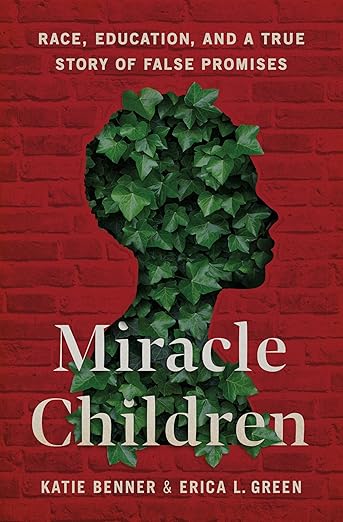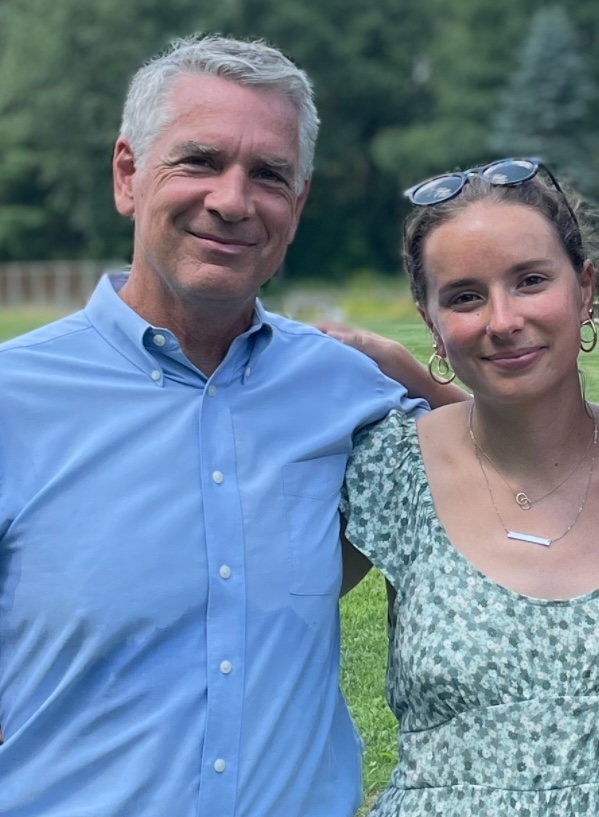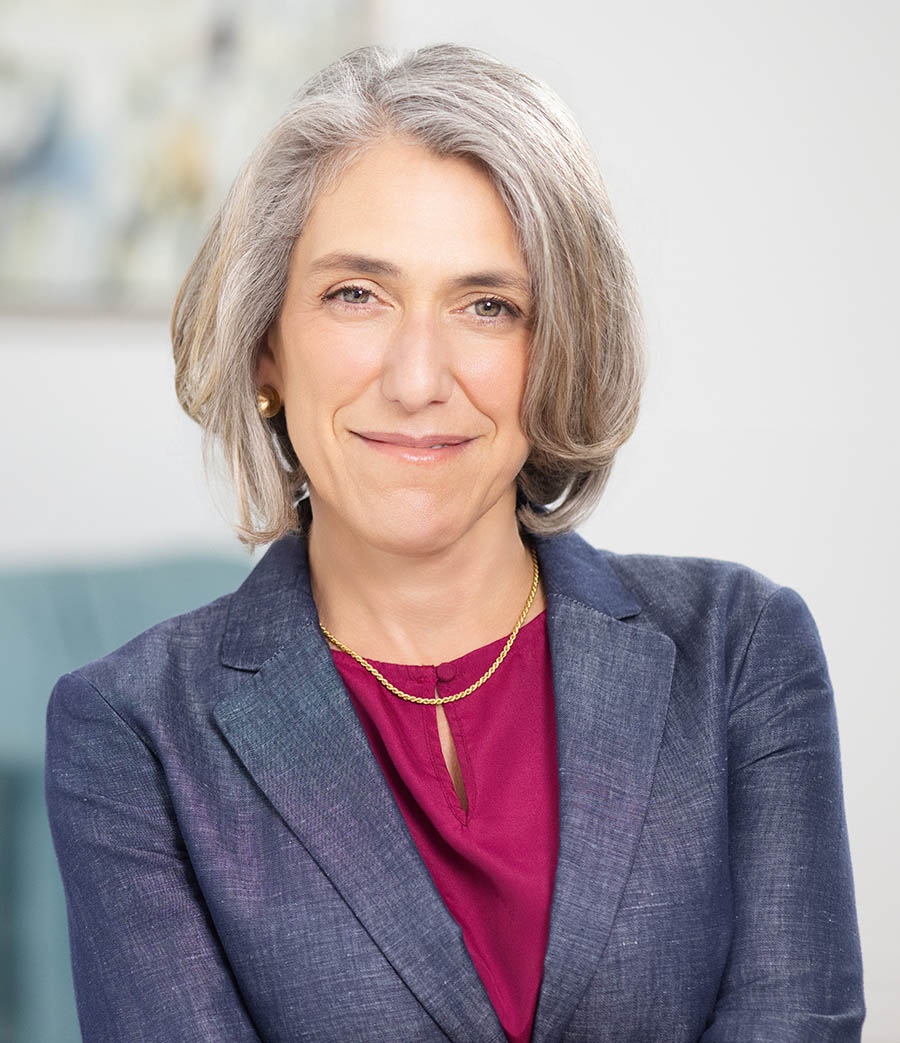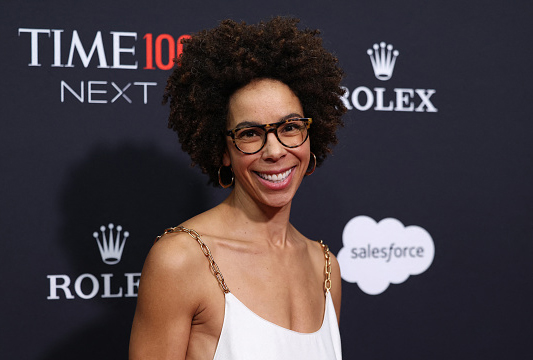Bowdoin Professor Advises Maine on Whether to Include Holocaust, Genocide, Eugenics in Science Curriculum
By Rebecca GoldfineAfter Alison Riley Miller, associate professor of education, served on a state committee helping to review Maine's science education standards, she is joining the debate about whether to add genocide and eugenics to middle- and high-school science curricula.
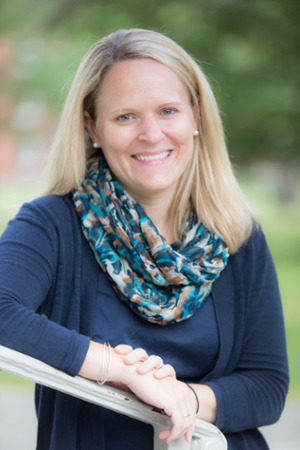
Last winter, Miller was part of a fourteen-member state steering committee that helped oversee a regular review of Maine's learning standards for science, which are closely aligned with the Next Generation Science Standards.
While Maine's education standards are assessed every five years, the current review comes in the wake of recently passed state laws that require schools to teach Maine Native American history, African American history, and the history of genocide, including the Holocaust.
After meeting this summer, a writing committee of science educators drafted suggestions for how to include the Holocaust, genocide, and eugenics in middle- and high-school science lessons.
In a public response period following the release of the writing committee's draft revisions, some teachers and science advocates, including the Maine Science Teachers Association, voiced concern about the proposed changes.
Miller, too, has spoken out in caution of adding these topics to the science curriculum, according to reporting by CNN and Portland Press Herald. In a recent interview with CNN, she said that while she supports every student graduating from high school with an understanding about these topics, she questions whether they should be explicitly embedded in the science standards.
“The question is not if LD 1664 (the statute that prompted the inclusion of some historical events) should be integrated into Maine’s state standards, but rather where these topics should be integrated and who will teach them,” Miller told CNN. “In my experience as a teacher and as a teacher educator, making everyone responsible for teaching a particular topic often results in no one teaching it.”
“So where it is absolutely logical to revise the Maine learning results for social studies to include the history of genocide, it is a much greater stretch to add curriculum related to genocide within the existing science standards, particularly when there is no plan for or funding allocated to the professional learning that would be necessary for science teachers to feel confident teaching a topic of such gravity,” she said.
The committee's recommendations will be reviewed by a state legislative committee in January.
